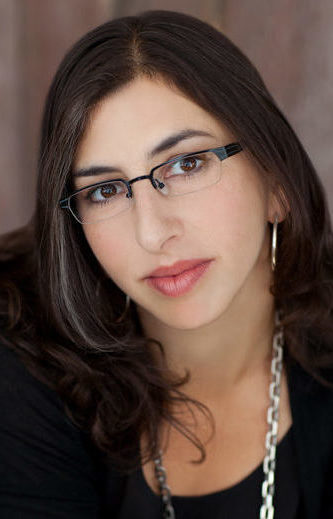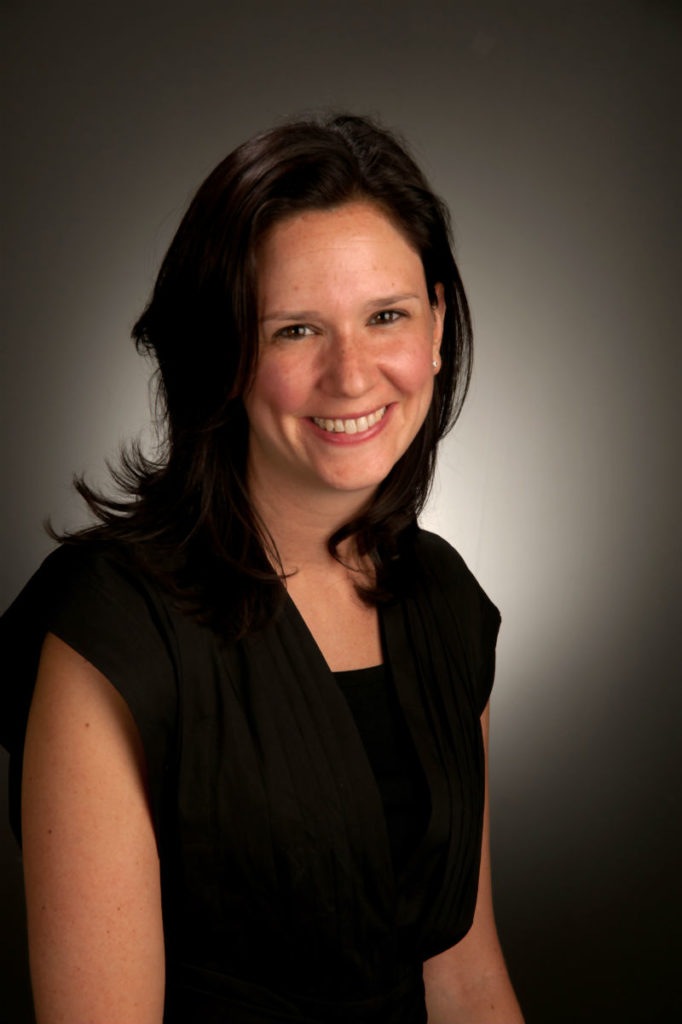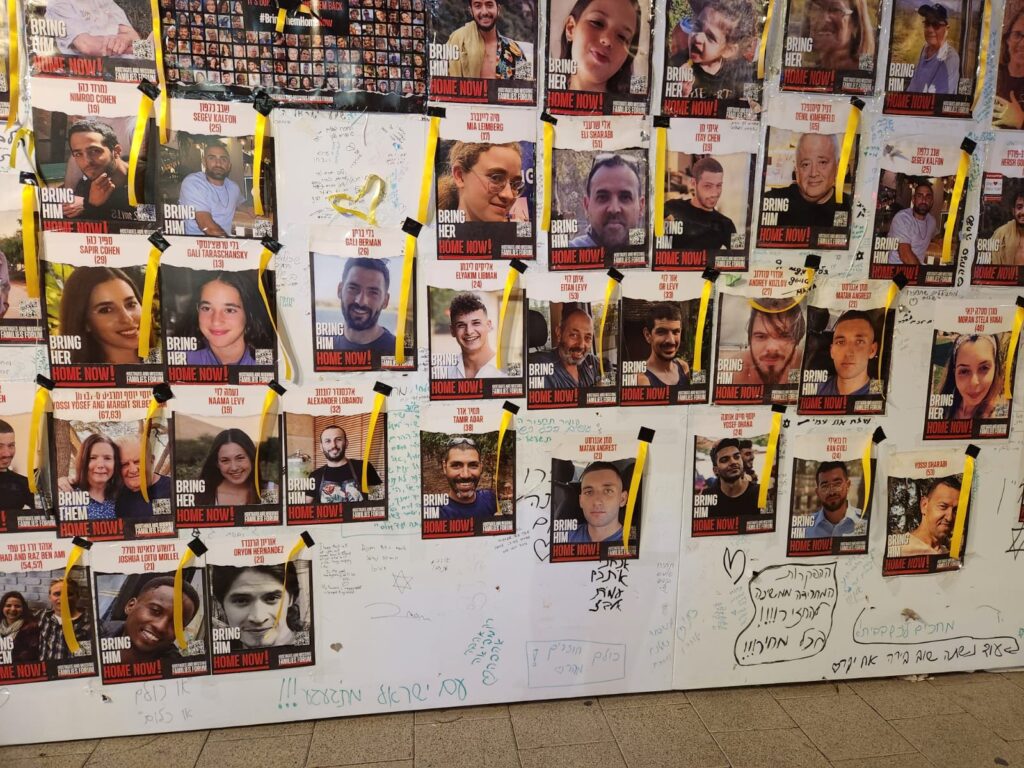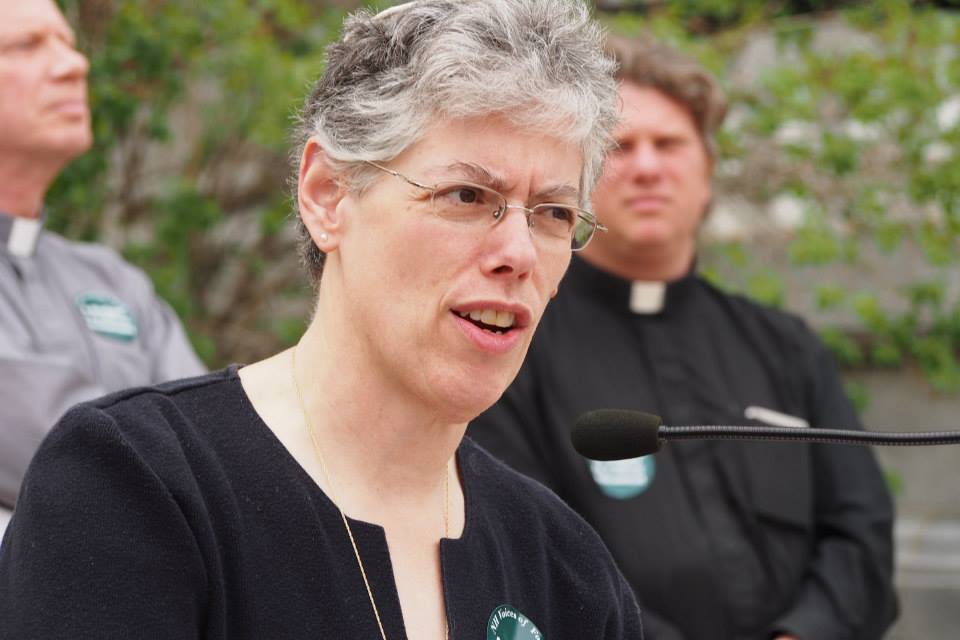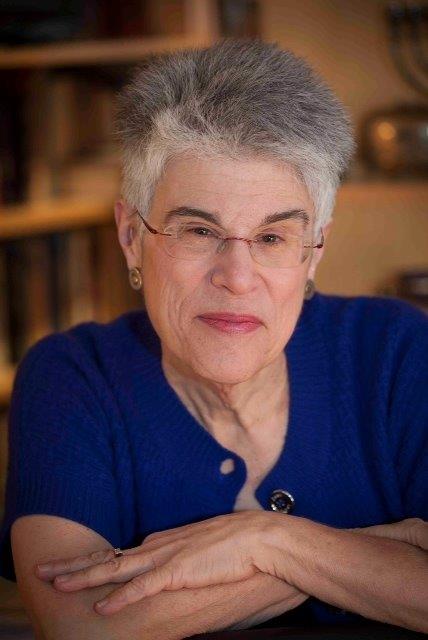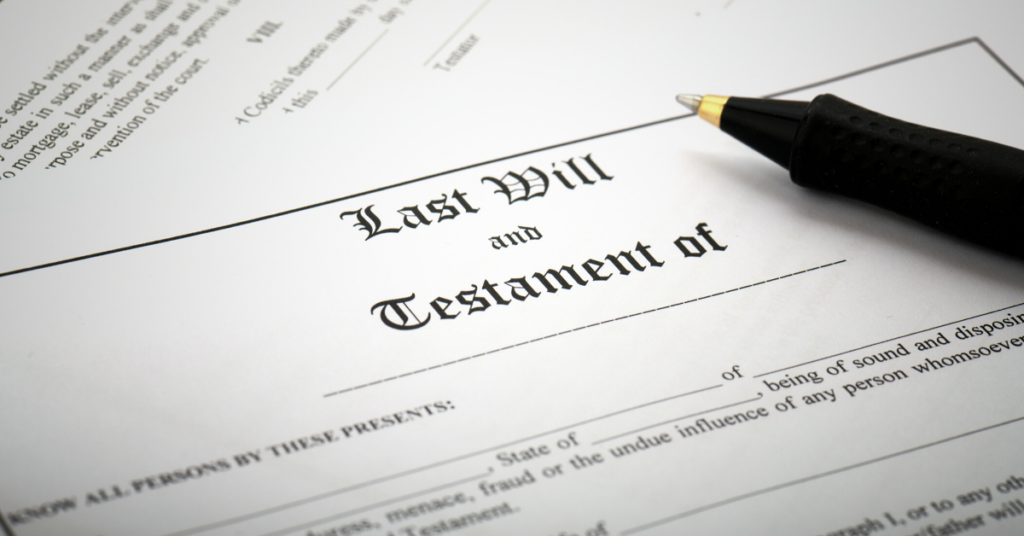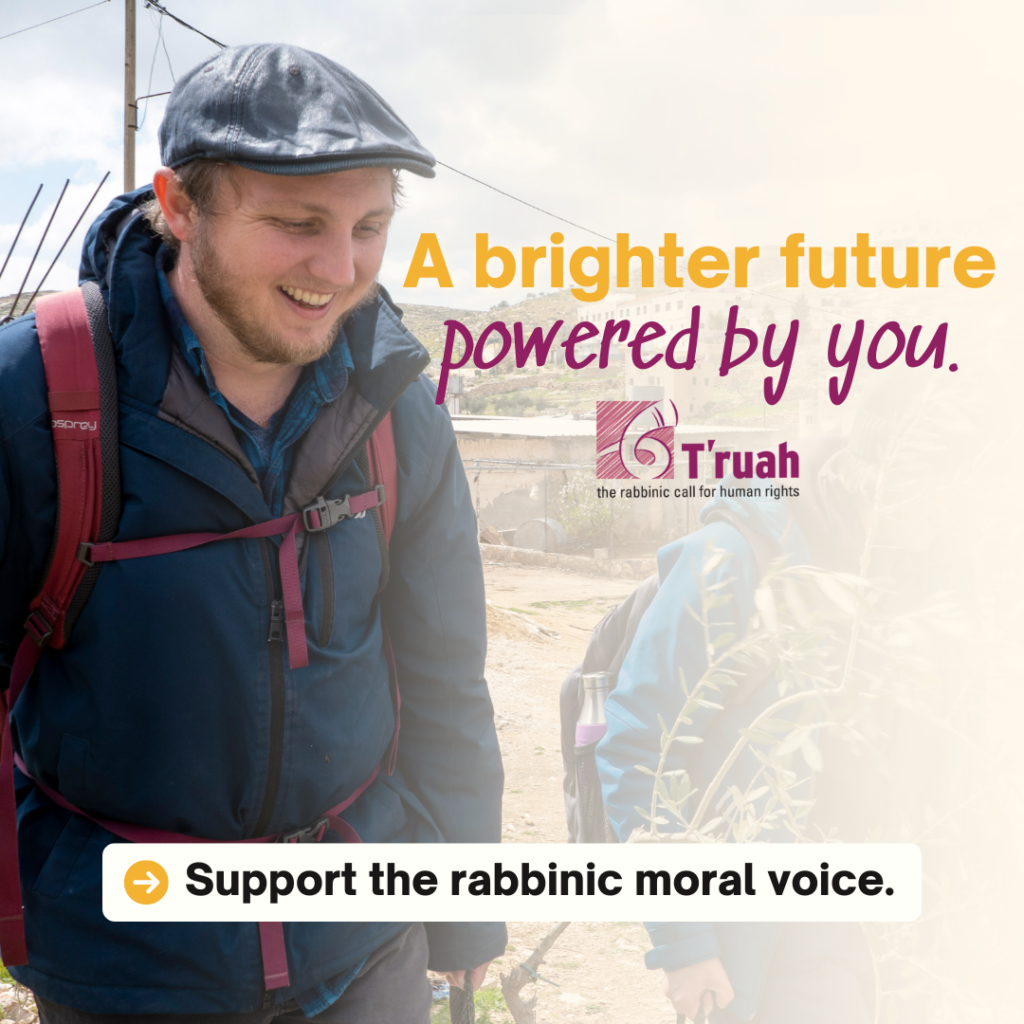Heart of a Stranger: The Jewish Historical Memory of Torture
You shall not oppress a stranger, for you know the heart of the stranger, having yourselves been strangers in the land of Egypt. -Ex. 23:9 You were strangers in the land of Egypt reminds us that we have experienced the great suffering that one in a foreign land feels. By remembering the pain which we...
read more


